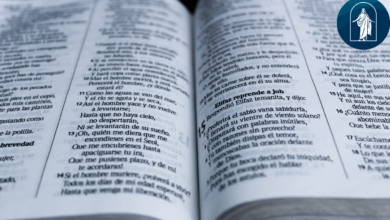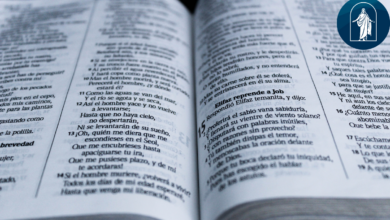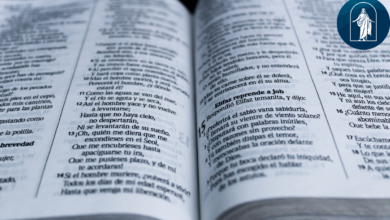2 Kings, Chapter 23:
advertising
Verses from 2 Kings, Chapter 23 of the book of 2 Kings of the Bible.
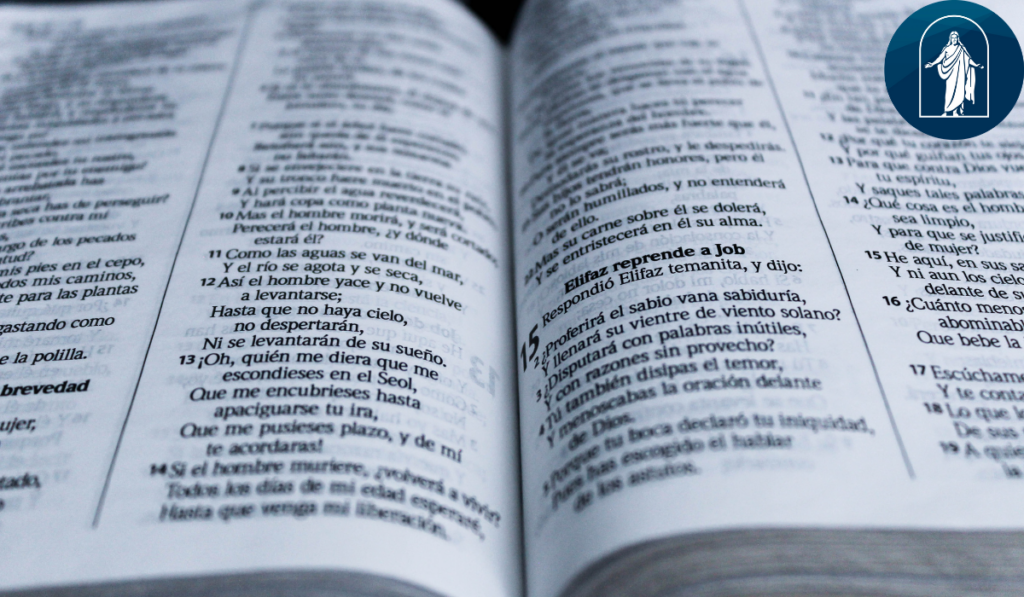
Josiah renews his covenant with the Lord
- 1. After these events, King Josiah summoned all the authorities of Judah and Jerusalem.
- 2. Then the king went up to the temple of the Lord, accompanied by all the men of Judah, all the people of Jerusalem, the priests and the prophets. He read out loud all the words of the Book of the Covenant that had been found in the temple of the Lord, for everyone to hear.
- 3. In front of the royal column, in the presence of the Lord, the king made a covenant, committing himself to follow the Lord and to obey with all his heart and with all his soul His commandments, precepts and decrees. Thus he confirmed the words of the covenant written in that book, and all the people also pledged themselves to the covenant.
- 4. The king ordered the high priest Hilkiah, the assistant priests, and the gatekeepers to remove from the temple of the Lord all the utensils related to Baal, Asherah, and the heavenly armies. These objects were burned outside Jerusalem, in the fields of the Kidron Valley, and the ashes were taken to Bethel.
- 5. Josiah eliminated the pagan priests whom the kings of Judah had appointed to burn incense on the idolatrous altars in the cities of Judah and around Jerusalem. They were priests who burned incense to Baal, the Sun, the Moon, the constellations and all the heavenly armies.
- 6. He also had the sacred pole removed from the temple of the Lord and taken to the Kidron Valley outside Jerusalem, where it was burned and reduced to ashes. These ashes were scattered over the graves of the common people.
- 7. Josiah tore down the houses of cult prostitutes who were in the temple of the Lord, where women wove cloth for Asherah.
- 8. He brought all the priests from the cities of Judah, and from Geba to Beersheba he desecrated the altars where the priests had burned incense. He tore down the idolatrous altars that were at the gates, including the altar at the entrance to the gate of Joshua, the governor of the city, which was to the left of the main gate.
- 9. Although the priests at these altars did not serve at the altar of the Lord in Jerusalem, they participated in the Passover meal along with their fellow priests.
- 10. Josiah also defiled Topheth, which was in the valley of Ben-Hinom, so that no one would sacrifice his sons or daughters to Molech.
- 11. He destroyed the horses that the kings of Judah had dedicated to the Sun, and which were at the entrance to the temple of the Lord, near the room of Nathan-Melech, an official of the court. He also burned the chariots consecrated to the Sun.
- 12. Josiah tore down the altars that the kings of Judah had built on the roof above Ahaz's room, and the altars that Manasseh had built in the two courts of the temple of the Lord. He took them away, tore them into pieces, and threw the rubble into the Kidron Valley.
- 13. The king defiled the altars that were east of Jerusalem, south of the Mount of Destruction, which Solomon king of Israel had built for Ashtaroth, the abomination of the Sidonians, for Chemosh, the abomination of the Moabites, and for Molech , the abomination of the Ammonites.
- 14. Josiah shattered the sacred pillars, tore down the sacred poles, and covered the places with human bones.
- 15. He destroyed the altar at Bethel, the idolatrous altar built by Jeroboam son of Nebat, who had led Israel into sin. Josiah burned the altar, reduced it to dust, and also burned the sacred pole.
- 16. When Josiah looked around and saw the tombs on the hillside, he ordered the bones to be removed from the tombs and burned on the altar, defiling it, according to the word of the Lord proclaimed by the man of God who had foretold these things.
- 17. The king asked: “What monument is this I see?” The men of the city replied, “It is the tomb of the man of God who came from Judah and announced these things that you did at the altar of Bethel.”
- 18. Josiah ordered: “Leave him alone; no one touches his bones.” Thus, they preserved the bones of the man of God and those of the prophet who had come from Samaria.
- 19. Josiah also removed and defiled all the idolatrous sanctuaries that the kings of Israel had built in the cities of Samaria, and which had provoked the Lord's anger.
- 20. Furthermore, Josiah sacrificed all the priests of these idolatrous altars and burned human bones on the altars. Then he returned to Jerusalem.
- 21. The king ordered all the people to celebrate the Passover to the Lord their God, as written in the Book of the Covenant.
- 22. Never before, since the days of the judges who led Israel, nor during the entire period of the kings of Israel and the kings of Judah, has there been a Passover celebration like this in Jerusalem.
- 23. In the eighteenth year of Josiah's reign, this Passover to the Lord was celebrated in Jerusalem.
- 24. Josiah also eliminated the mediums, those who consulted spirits, the household idols, the idols and all the abominations that were found in Judah and Jerusalem. He did this to fulfill the requirements of the Law recorded in the book that the priest Hilkiah had found in the temple of the Lord.
- 25. Before and after Josiah, no king turned to the Lord with all his heart, with all his soul, and with all his strength, according to the entire Law of Moses.
- 26. However, the anger of the Lord was not appeased, for his fierce anger was kindled against Judah because of everything that Manasseh had done to provoke him to anger.
- 27. For the Lord said, “I will also remove Judah from before me, just as I removed Israel. I will reject this city, Jerusalem, which I have chosen, and the temple over which I said, 'There I will put my name.'
- 28. The remaining events of Josiah's reign and all his achievements are recorded in the annals of the kings of Judah.
- 29. During his reign, Pharaoh Necho, king of Egypt, marched to the Euphrates River to help the king of Assyria. King Josiah went out to face him in battle, but Necho defeated him at Megiddo, where Josiah was killed.
- 30. Josiah's officers brought his body from Megiddo to Jerusalem and buried him in his own tomb. And the people took Jehoahaz the son of Josiah, and anointed him, proclaiming him king in his father's place.
Jehoahaz is king of Judah
- 31. Jehoahaz was twenty-three years old when he began to reign, and he reigned in Jerusalem for three months. His mother's name was Hamutal, daughter of Jeremiah, a native of Libnah.
- 32. He did what was evil before the Lord, just as his predecessors had done.
- 33. Pharaoh Neco imprisoned him in Riblah, in the land of Hamath, so that he would no longer reign in Jerusalem. And Neco demanded from Judah a tribute of one hundred and ten talents of silver and one talent of gold.
- 34. Then Neco made Eliakim son of Josiah king in place of his father Josiah, and changed Eliakim's name to Jehoiakim. But he took Jehoahaz to Egypt, where he died.
- 35. Jehoiakim gave the silver and gold to Pharaoh, but he exacted tribute from the people of the land to meet Pharaoh's demands. Each according to their means was obliged to contribute silver and gold.
Jehoiachin is king of Judah
- 36. Jehoiakim was twenty-five years old when he began to reign, and he reigned eleven years in Jerusalem. His mother's name was Zebidah, daughter of Pedaiah, a native of Rumah.
- 37. He did what was evil before the Lord, just as his predecessors had done.
